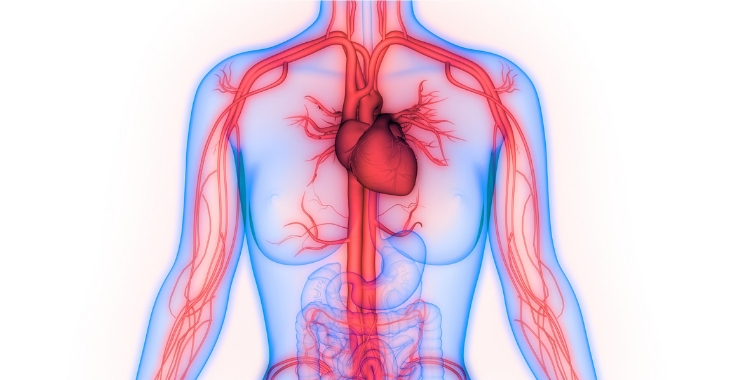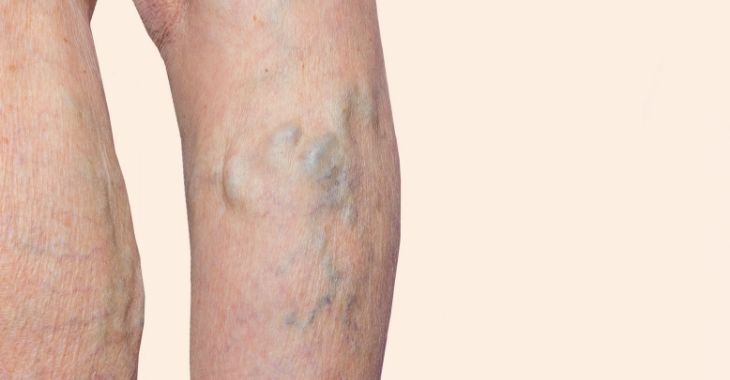Who Should See a Vascular Surgeon?

The circulatory system relies on the veins and arteries to deliver the needed oxygen and nutrients the organs, tissues and every cell within the body. The study, diagnosis and treatment of the vascular system is performed by vascular surgeons. Every system in the body relies on the vascular system, so any disorder in this system can impact the health of an individual. While primary physicians may handle some minor vascular issues, when a major vein or artery condition is present, the patient may need to see a vascular surgeon.
Conditions Treated by Vascular Surgeons
Almost any major disease or condition that involves the veins or arteries is treated by vascular surgeons. While they are surgeons, not all treatments require surgery. Some of the common conditions that vascular surgeons treat include:
- Spider or varicose veins
- Aneurysms
- Atherosclerosis of the carotid artery
- Peripheral artery disease
- Leg blood clots
- Angina
Treatments can include laser therapy, cryoplasty, angioplasty and many types of artery and vein surgeries. Many vascular surgeons are also kidney specialists; vascular issues and kidney problems often go hand in hand, so kidney transplants and dialysis may also be a reason why someone would see a vascular surgeon. Vascular problems are very individualized and treatments for disorders are often tailored to the needs of each patient.
When you have health conditions that affect or stem from issues in the circulatory or vascular system, the best specialist for diagnosis and treatment is usually a vascular surgeon. They can work with your primary physician and other members of your healthcare team to ensure you get the best overall medical care to protect your health.
Posted on behalf of:
Alan Benvenisty, MD
1090 Amsterdam Avenue
New York, NY 10025
212-523-4706
The information provided on this website, including text, graphics, images, and other materials, is intended solely for informational purposes and should not be used as a substitute for professional medical advice, diagnosis, or treatment.



)